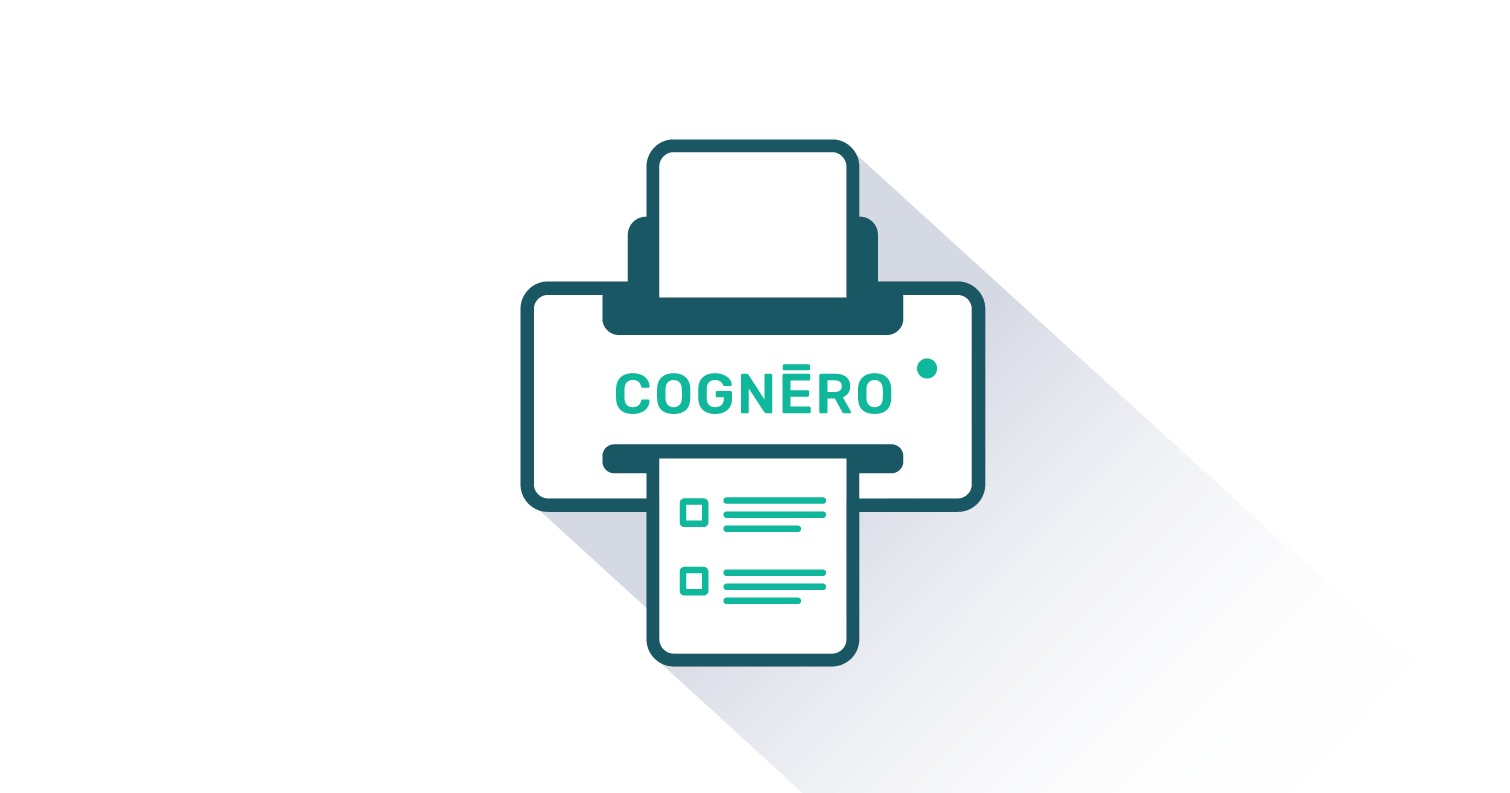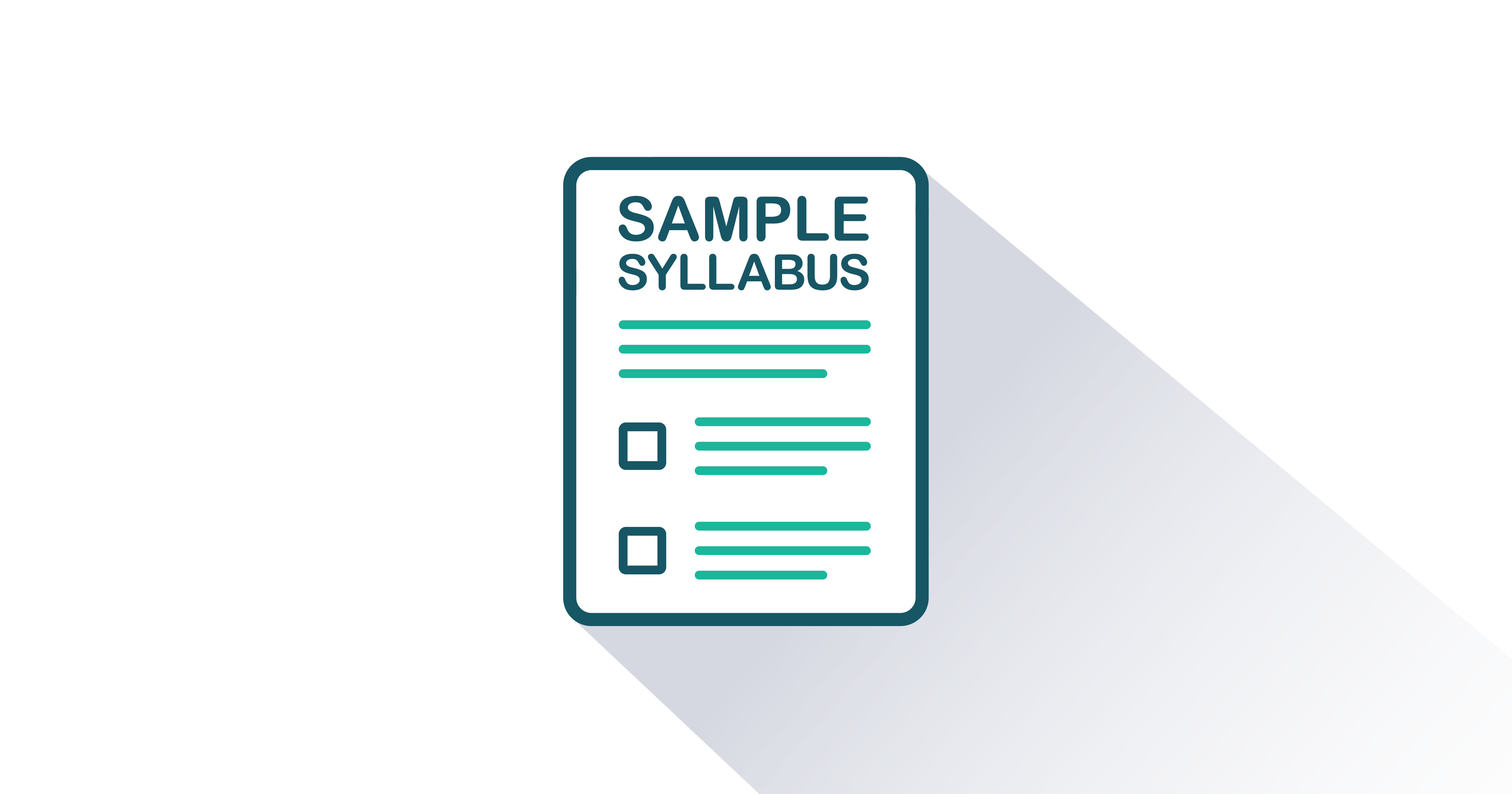Essentials of Organizational Behavior: Bridging Science and Practice



Version 4.0
By Talya Bauer and Berrin Erdogan
Included Supplements
Key Features
- Concise. Provides the most critical, evidence-based organizational behavior (OB) topics in a compact form. The student text numbers 456 pages
- Thematic. Organized around core values and beliefs about teaching and learning organizational behavior:
- Understanding OB principles and how to apply them greatly impacts the effectiveness of employees and leaders
- Evidence-based research is a foundation of effective OB practice
- Different students learn in diverse ways
- There is no substitute for active, hands-on learning
- Flexible delivery enables student success
- Reflective. Encourages learners to think about the interpersonal implications of their own and others’ actions, understand how to pursue goals more effectively, and become better communicators
- Ethical behavior, technology implications, and global considerations are woven throughout
- Flexible. Case studies with discussion questions are gathered into one, easy-to-find appendix that enables flexibility to cover or omit cases based on faculty preferences
- Rich and useful learning strategies embedded in the book include:
- “Chapter Learning Objectives” preview the coming chapter
- “Learning Objectives” lead off each main section and prepare students for concept they are about to encounter
- “Key Takeaway” at the end of every main head section summarize new information while it is fresh to encourage retention
- “What Do You Think?” at the end of every main section poses situations for student reflection in order to reconcile their values with common business situations
- Chapter-End features
- “Conclusion” concisely sums up the preceding chapter
- “OB Toolbox” thought exercises provide specific suggestions about meeting challenges students may encounter today
- “Ethical Dilemma” asks the reader to examine their values and apply what they have learned to realistic situations
- “Individual” and interactive “Group Exercises” engage students and bring the material to life
- Customizable
Students
- Online Access Price
- $36.95
- Color Printed Textbook with Online Access Price
- $63.95
Essentials of Organizational Behavior: Bridging Science and Practice is suitable for undergraduate and MBA-level courses on organizational behavior taught in either two- or four-year colleges and universities.
Essentials shares the same themes and approaches that have propelled its full-length counterpart Organizational Behavior: Bridging Science and Practice to become a market-leading textbook. This briefer, essentials version covers core organizational behavior topics and gathers together all chapter cases into a single appendix. Essentials will appeal to faculty who prefer a concise treatment of organizational behavior combined with the distinct, experiential approach for which Bauer and Erdogan are well known. Essentials provides the most timely and relevant vocabulary, framework, and critical thinking skills necessary to diagnose situations, ask tough questions, evaluate answers received, and act in an effective and ethical manner regardless of situational characteristics.
New in This Version
- Features a new main section in each chapter addressing ethics and technology implications, such as big data, analytics, online privacy concerns, and General Data Protection Regulation (GDPR) compliance issues
- Discusses long-term impacts of the coronavirus pandemic’s impact on the workplace and human interactions. Examples include remote work (Section 1.2) and generational events (Section 14.2).
- Updated ethical dilemmas exercises, individual exercises, and group exercises add relevance and engage students
- All facts, figures, and key research findings have been updated to reflect the most current information. Highlights include
- Coverage of remote work throughout (Sections 1.2, 6.5, 7.2, 8.4, 9.2, 10.5, 12.5, 14.1)
- Negotiated arrangements (i-deals) as a way of increasing inclusiveness (Section 2.1)
- Tight-loose cultures (Section 2.2)
- Artificial intelligence and machine learning and implications for diversity (Section 2.3), individual differences (Section 3.3), organizational justice (Section 5.3)
- Electronic monitoring within the context of performance management (Section 6.5)
- Managing stress while working remotely (Section 7.5) and Zoom fatigue (Section 8.4)
- Making decisions using big data (Section 11.5)
- Fully remote organizations (Section 14.1).
- The previous version’s final two chapters are now reversed in order: Chapter 14 is “Organizational Structure and Change at Work” and Chapter 15 is “Organizational Culture at Work”
- Appendix features 15 new optional chapter cases, including Cayuga Collection, Gap, Inc., Fully, Zoom, PepsiCo, Patagonia, SpaceX, IKEA, Kind, Google, Detroit Bikes, StitchFix, Southwest Airlines, Campbell Soup Company, and Costco
- Special supplements include a fully revised Library of 60 Opening Case Studies composed of the 60 most popular cases that appeared in multiple editions of the main text. The authors have brought each case fully up to date. This free casebook is only available to adopters in a digital version that can be shared with students, or it can be included in a printed, customized student version along with the main text. Case-based discussion questions, answer guidelines, and test items with answers are included in the instructor materials.
- About the Authors
- Acknowledgments
- Preface
-
Chapter 1: Organizational Behavior at Work
-
Chapter 2: Diversity and Inclusion at Work
-
Chapter 3: Personality and Values at Work
-
Chapter 4: Attitudes and Behaviors at Work
-
Chapter 5: Theories of Motivation at Work
-
Chapter 6: Designing a Motivating Work Environment
-
Chapter 7: Stress and Emotions at Work
-
Chapter 8: Communication at Work
-
Chapter 9: Groups and Teams at Work
-
Chapter 10: Conflict and Negotiation at Work
-
Chapter 11: Perceptions, Decisions, and Creativity at Work
-
Chapter 12: Leaders and Followers at Work
-
Chapter 13: Power, Influence, and Politics at Work
-
Chapter 14: Organizational Structure and Change at Work
-
Chapter 15: Organizational Culture at Work
-
Appendix A: Optional Chapter Cases

FlatWorld Homework
FlatWorld Homework includes multi-format questions written specifically for your FlatWorld book, which you can access through our stand-alone interface or integrate with your learning management system.

Instructor’s Manual
The Instructor’s Manual guides you through the main concepts of each chapter and important elements such as learning objectives, key terms, and key takeaways. Can include answers to chapter exercises, group activity suggestions, and discussion questions.

PowerPoint Lecture Notes
A PowerPoint presentation highlighting key learning objectives and the main concepts for each chapter are available for you to use in your classroom. You can either cut and paste sections or use the presentation as a whole.

Test Generator - powered by Cognero
FlatWorld has partnered with Cognero, a leading online assessment system, that allows you to create printable tests from FlatWorld provided content.

Test Bank Files for Import to Learning Management Systems
For your convenience, we've packaged our test items for easy import into Learning Management Systems like Blackboard, Brightspace/D2L, Canvas, Moodle, or Respondus.

Test Item File
Need assistance in supplementing your quizzes and tests? Our test-item files (in Word format) contain many multiple-choice, fill-in-the-blank, and short-answer questions.

Sample Syllabi
Sample syllabi provide useful templates to help new faculty adopters revise their teaching plans to match their assigned FlatWorld textbook or lend insights to existing adopters on how to organize their classes.
Download
Other Supplements
A compilation of all the cases written for this version and previous versions of the textbook. Click here to see what this textbook offers.
At FlatWorld, we take pride in providing a range of high-quality supplements alongside our titles, to help instructors teach effectively. Supplements are available for instructors who have registered their adoption with us. If you need to review or preview something specific, please contact us.
Already registered? Sign in here.
